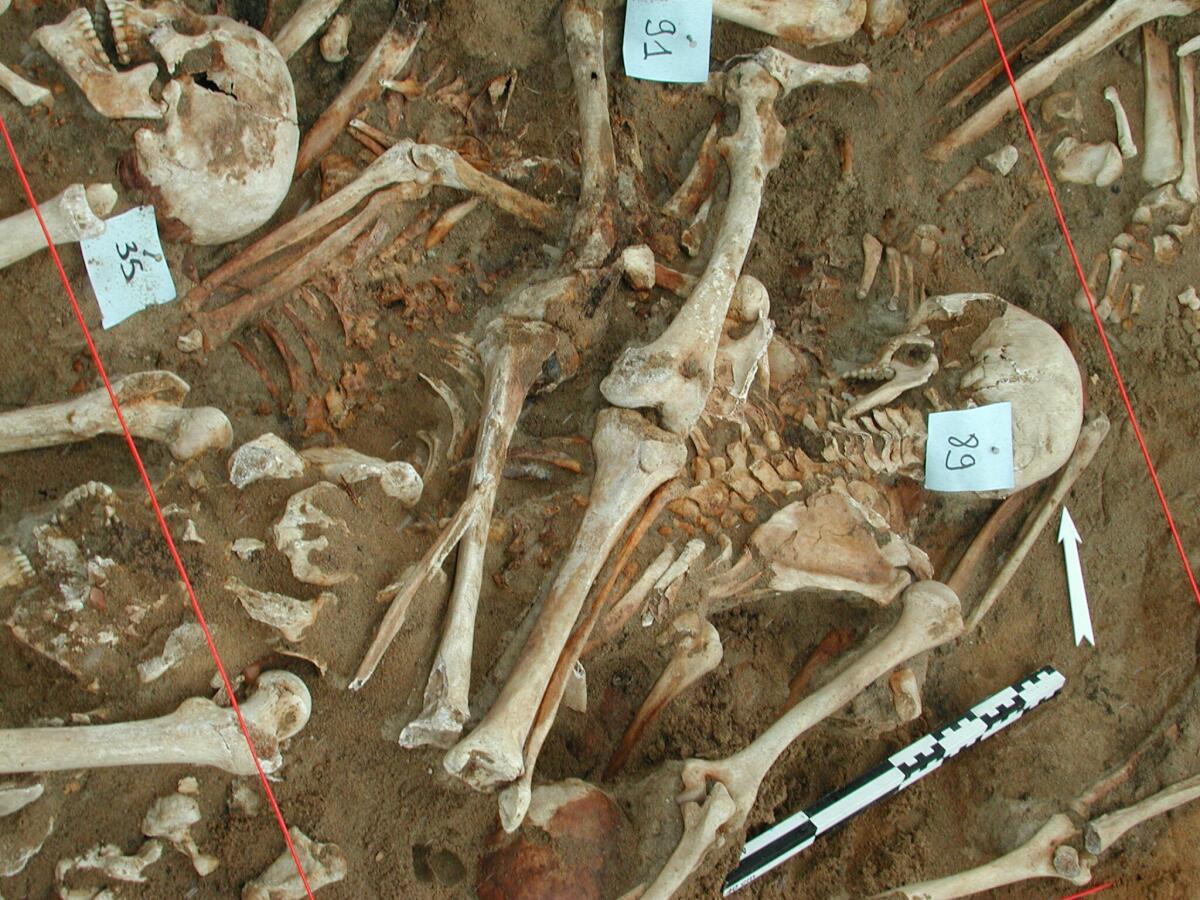Napoleon's Russian campaign!
"War is the business of barbarians"!
Napoleon Bonaparte one of the greatest military leader believed that "The battlefield is a scene of constant chaos. The winner will be the one who controls that chaos, both his own and the enemies". Napoleon's 1812 invasion of Russia was a catastrophic failure,one of history's deadliest military disasters, resulting in the destruction of his Grande Armée due to a combination of Russian strategy and harsh winter conditions.
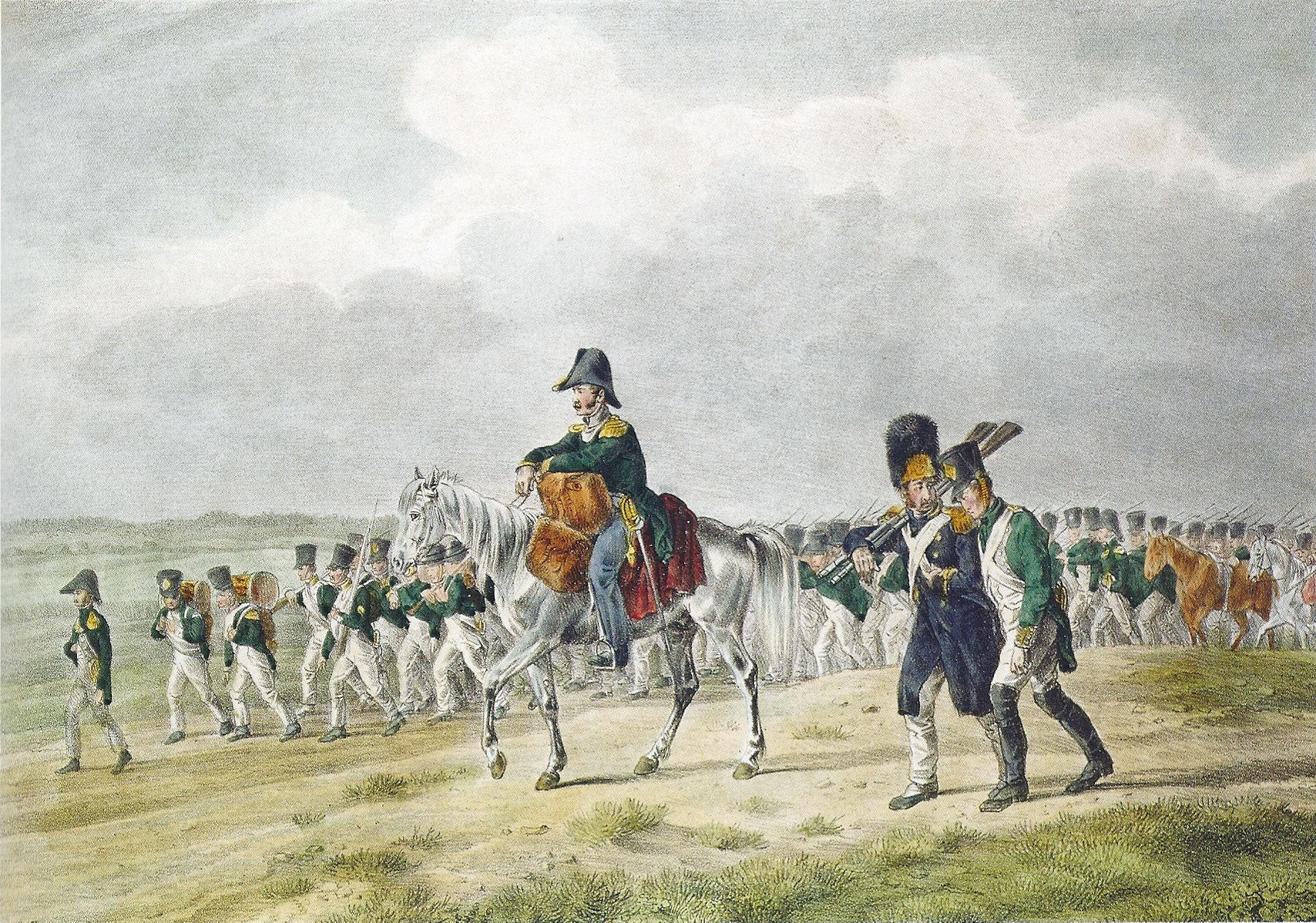
The Russian army, led by Tsar Alexander I, retreated, using a scorched-earth policy to deny the French army supplies and burned Moscow as they left in September 1812. Napoleon suffered immense casualties, a depleted army, and a severely damaged reputation.
Several films have explored Napoleon's invasion of Russia, with "War and Peace" being the most well-known adaptation, appearing in multiple versions across different eras. Ridley Scott's 2023 movie 'Napoleon,' played by Joaquin Phoenix delves into this and when the 'Emperor' reaches his destination, Moscow, he finds the city deserted, with a few homeless people roaming the streets.
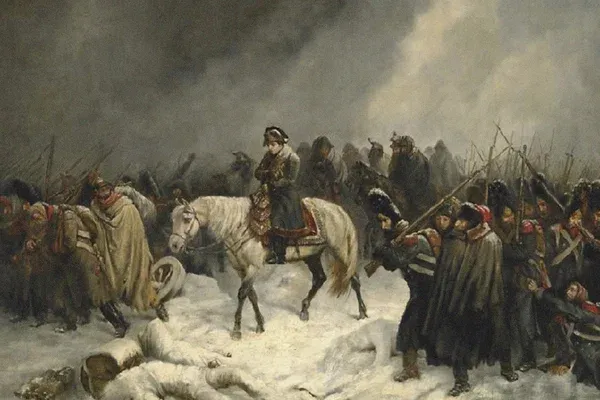
The empty Moscow taunts him to the core. There was no food nor shelter and the french general had to return in the biting cold October from a disastrous attempt to conquer Russia in 1812. His army lost tens of thousands of men with many believed to have died from "trench fever" and typhus.

But two centuries later, when researchers recently analyzed ancient DNA from 13 teeth collected from a mass grave in Lithuania, they were surprised when they did not find evidence of either scourge. So what really happened?
Napoleon himself said:" An army marches on its stomach". But the immense size of the army, combined with the extended supply lines and the scorched-earth tactics, meant Napoleon could not adequately supply his troops, which was a major factor in their weakening. Analyzing the key causes of mortality, revealed that Infectious diseases were the single largest killer. Poor sanitation, crowded camps, and body lice led to rapid spread.
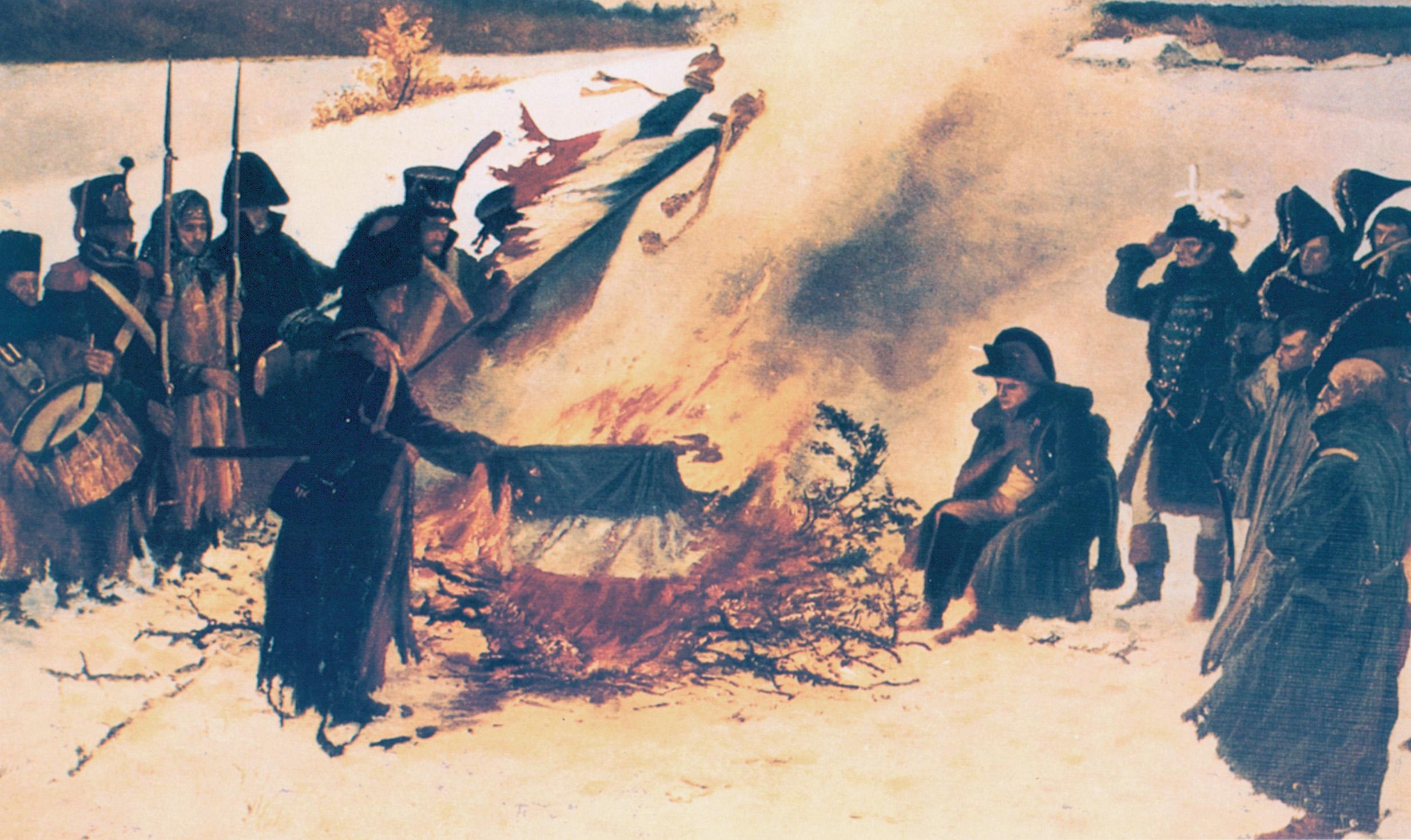
When scientists analyzed the DNA from soldiers' remains in a mass grave in Lithuania, they identified these as major, previously under-documented, silent killers. Paratyphoid fever spread by contaminated food and water and louse-borne relapsing fever would have caused severe fever, vomiting, and dehydration, quickly weakening an already exhausted individual. Dysentery, pneumonia, and gangrene from untreated wounds were also common.

Napoleon's massive army outran its supply lines. The underdeveloped Russian roads and the Russian scorched-earth policy of torching villages and supplies meant soldiers were often forced to forage for food in already barren areas. This led to widespread malnutrition and starvation, further weakening resistance to disease and cold.
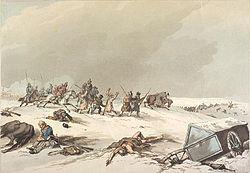
While many deaths occurred in the summer due to disease, the onset of the brutal Russian winter during the retreat compounded the suffering. Tens of thousands of men succumbed to hypothermia and frostbite as temperatures plummeted. The continuous forced marches and harsh conditions led to extreme fatigue, making soldiers more susceptible to illness and less able to cope with the physical demands of the campaign and combat.
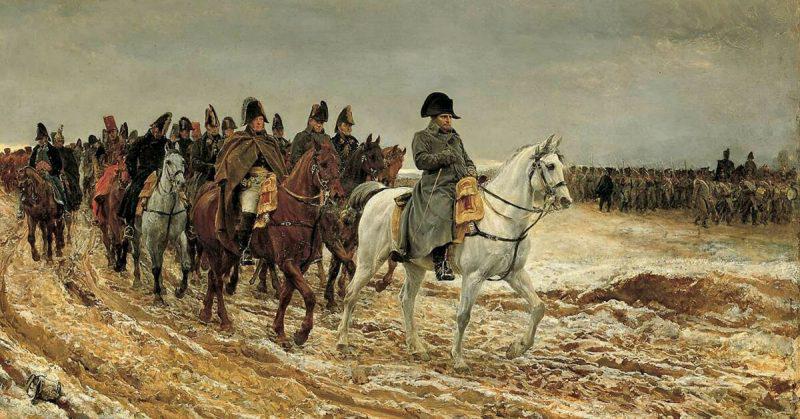
Though significant in specific battles like Borodino, actual combat deaths accounted for a smaller overall percentage of total losses compared to the non-combat factors. The combination of these factors created a perfect storm of misfortune that turned the campaign into one of history's greatest military catastrophes, with only a fraction of the initial 600,000-man Grand Army returning alive.
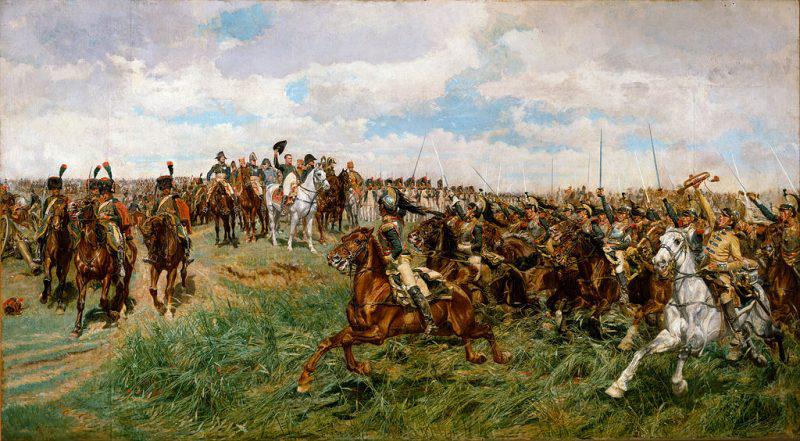
Napoleon's army was primarily decimated by a combination of disease, starvation, exhaustion, and the brutal cold during the disastrous 1812 invasion of Russia with non-combat factors consistently caused far more deaths than battle injuries. This resulted in shaking Napoleon's reputation as the greatest military leader, and dramatically weakening French hegemony in Europe.
Note:(pics from internet for illustration only)
Comments (6)






